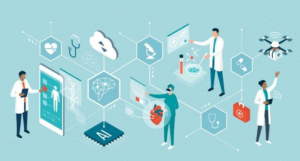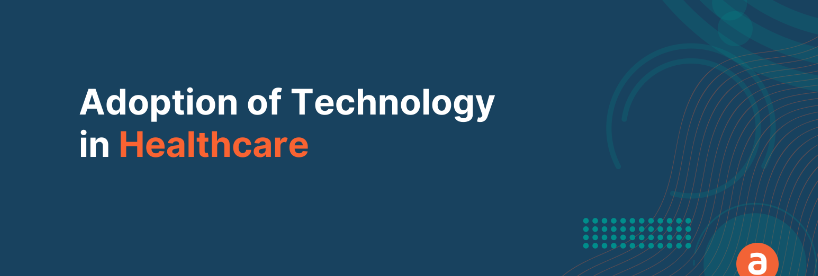In today’s rapidly evolving world, the health sector is experiencing a profound transformation, largely driven by advancements in technology. From electronic health records to telemedicine, the integration of technology is revolutionizing how healthcare is delivered and experienced. This article explores the pivotal role of technology in the health sector, shedding light on the benefits, challenges, and the way forward.
The Benefits of Technological Integration
To begin with, technological innovations have ushered in a new era of efficiency and precision in patient care. Electronic health records (EHRs) streamline the process of maintaining patient data, ensuring accurate and easily accessible medical information for healthcare providers. Moreover, with the aid of technology, medical professionals can now collaborate seamlessly, leading to better-informed decisions and comprehensive patient management.
Enhanced Patient Engagement
Additionally, one of the remarkable aspects of technology in healthcare is the enhanced patient engagement it facilitates. Patient portals and mobile health apps empower individuals to take charge of their health by granting them access to their medical records, lab results, and personalized care plans. This level of engagement fosters a sense of ownership over one’s health and encourages adherence to treatment regimens.

Telemedicine: Bridging Gaps in Healthcare Access
Moreover, telemedicine has emerged as a game-changer, particularly in bridging the gap between patients and healthcare providers, especially in remote or underserved areas. Through virtual consultations, patients can receive timely medical advice without the need for physical travel. This technology not only improves access to care but also reduces the burden on overcrowded healthcare facilities.
Precision Medicine and Data Analytics
To add on, advancements in technology have paved the way for the development of precision medicine, a tailored approach to treatment based on an individual’s genetic makeup, lifestyle, and environmental factors. The analysis of vast sets of patient data using artificial intelligence (AI) and data analytics allows for the identification of personalized treatment strategies, resulting in more effective outcomes and reduced adverse effects.
Challenges on the Path to Technological Adoption
Additionally, while the benefits are substantial, the integration of technology in the health sector is not without its challenges. Concerns regarding data security and patient privacy have been raised, highlighting the need for stringent cybersecurity measures to safeguard sensitive medical information. Additionally, the digital divide could hinder access to technology-driven healthcare advancements for economically disadvantaged populations.
The Need for Continuous Training
As technology evolves, healthcare professionals must undergo continuous training to stay updated with the latest tools and techniques. Navigating electronic systems, interpreting complex data analytics, and effectively utilizing telemedicine platforms require a certain level of proficiency. Institutions must invest in training programs to ensure that healthcare providers harness technology to its fullest potential.
The Way Forward: Striking a Balance
Furthermore, moving forward, a balanced approach to technological integration is crucial. While embracing innovation, it’s essential not to lose sight of the human touch in healthcare. Technology should complement the expertise and empathy of healthcare professionals, not replace them. Maintaining a harmonious equilibrium between cutting-edge technology and compassionate care will ultimately lead to the best patient outcomes.
Conclusion
In conclusion, the health sector stands on the cusp of a technological revolution that has the potential to reshape patient care in unprecedented ways. From streamlined data management to remote consultations, technology offers an array of benefits that enhance patient engagement. They also improve healthcare access, and refine treatment strategies. However, it’s vital to address challenges such as data security and the digital divide. While ensuring that healthcare providers are well-equipped to leverage these advancements. By embracing technology while upholding the essence of compassionate care, the health sector can embark on a journey toward a healthier and technologically empowered future.

